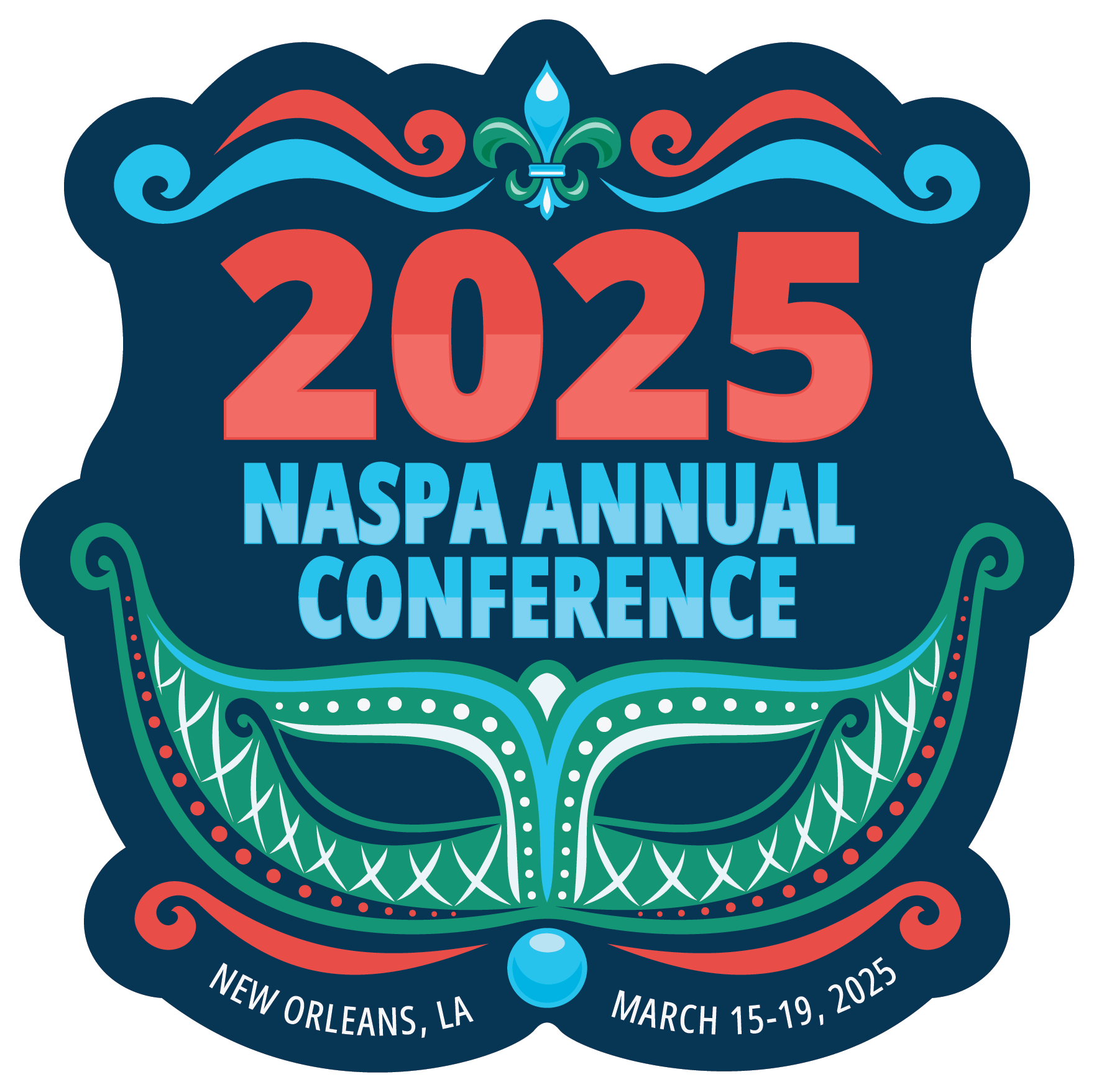Affiliated Conferences and Institutes
These specialized events are held in conjunction with the NASPA Annual Conference and take place on prior to the conference, on the same dates as Pre-conference Workshops. Affiliated conferences and institutes include:
- Undergraduate Student Conference
- International Symposium (Call for Programs closes October 22, 2024)
- Community Colleges Institute (Call for Programs closes October 25, 2024)
- Vice Presidents for Student Affairs Institute
Registration for these programs is open! You can register for the event of your choice as part of our main conference registration process.
Learn More & Register
Check back soon for more information about these events.

